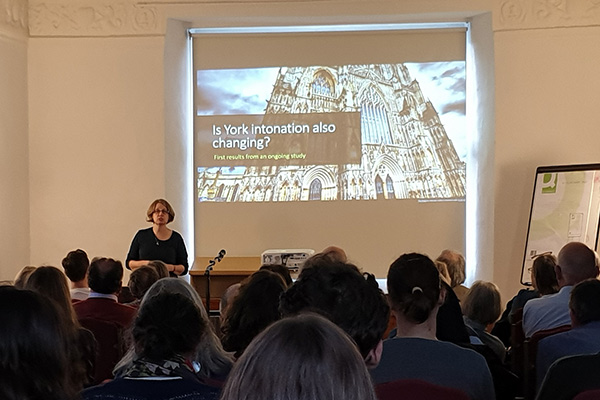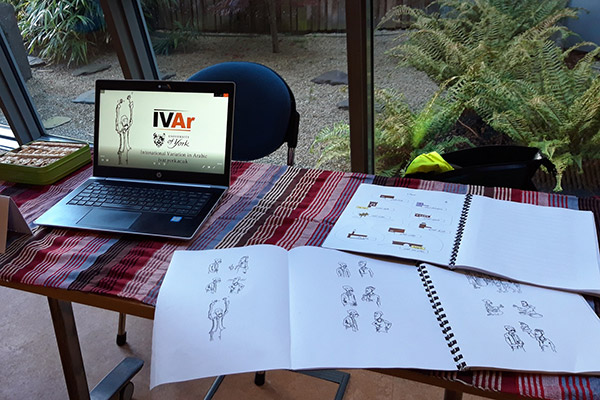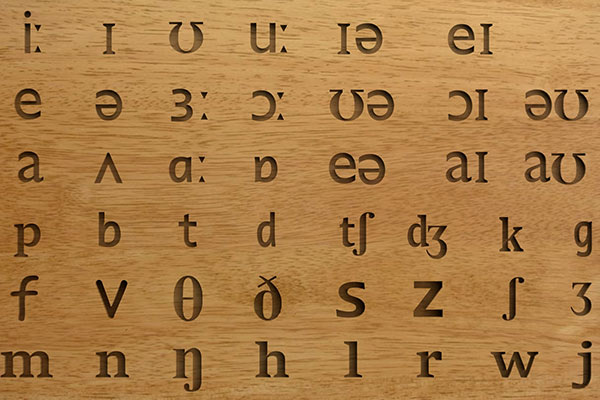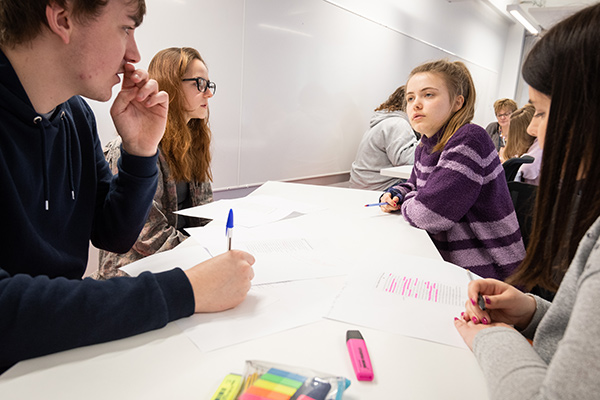Congratulations on your offer to study with us! At York, we have staff working on diverse topics across linguistics.
We sat down and chatted to Sam Hellmuth, who originally studied French and Arabic, and teaches on 1st-Year and final-year linguistics modules.





